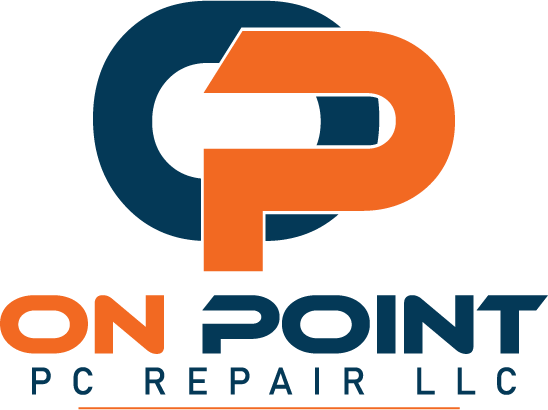Tutorial: Why Are Hard Drives Prone To Failure?
This is something I am asked almost daily and its really quite simple. There is only so many physically moving parts in a computer. Fans and Hard Drives.
Now unless you have super high performance fans and enjoy your computer ROARING next to you like your in a wind tunnel then the average case fan (all depending on size) will run about 1-3k RPM most standard cheap fans like you find inside of any factory manufactured PC are on the lower end of that scale about 1-2k RPM.
On the other end of the spectrum standard hard drives spin 5400-7200 RPM they can go as low as 4200 RPM but those are really found mostly in very old laptops and extremely old desktops. They can go up to 15000 RPM and these are typically found in servers and extremely expensive performance computers (We don’t mean 1-2K performance PC’s I mean 5-10k performance PC’s). Typically the drive it’s self, is several hundred dollars and although they are very fast a 1/2 decent SSD (Solid State Drive) will surpass them in both data transfer and read write speeds.
So on top of the hard drives spinning some 5400-7200 RPM they also typically have 3-5 data discs inside that have a read/write arm for both sides of the data disc. Moving just as fast as the disc its self.
The best way to explain this is to think of a old record player that has the spinning record and the needle on the arm. Now imagine that record player spinning 7200 RPM and the arm jumping all over the record to read/write something every time the drive is accessed.
Electrical Impulses
All other computer parts work like shooting electrical impulses through a tube to talk to each other. Although this counts as a sort of movement and yes it wears the parts but there is nothing to mechanically fail with electrical impulses. Also this is why having a good battery backup and data backup system is so important, or at least get a nice surge protector with a high Joule rating to defend against electrical over charges.
Conclusion
You can achieve the same type of electrical impulse communication from your hard drive by switching to a SSD (Solid State Drive) there are no mechanically moving parts and the ending result of that fact, is they are typically found to last 3-4 years before performance gains are lost and technically have no standard expiration date.
Compared to standard hard drives where performance gains can be lost as early as 1 year and typically in my experience normally only last 2-3 years before they need to be replaced before all of your data is lost.
As Always
If you have a tutorial idea or just need a computer question answered submit the idea or question in the contact box on the Contact Us Page and I will do my best to make one for you.


